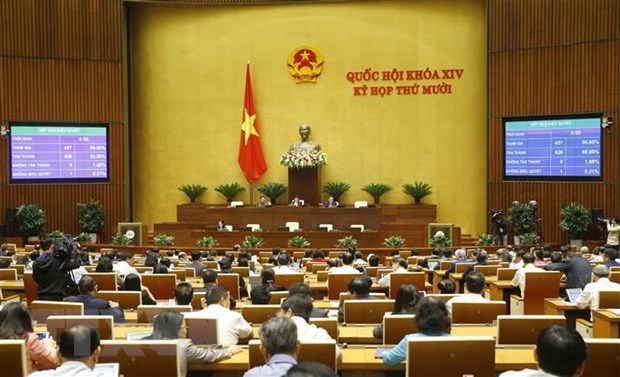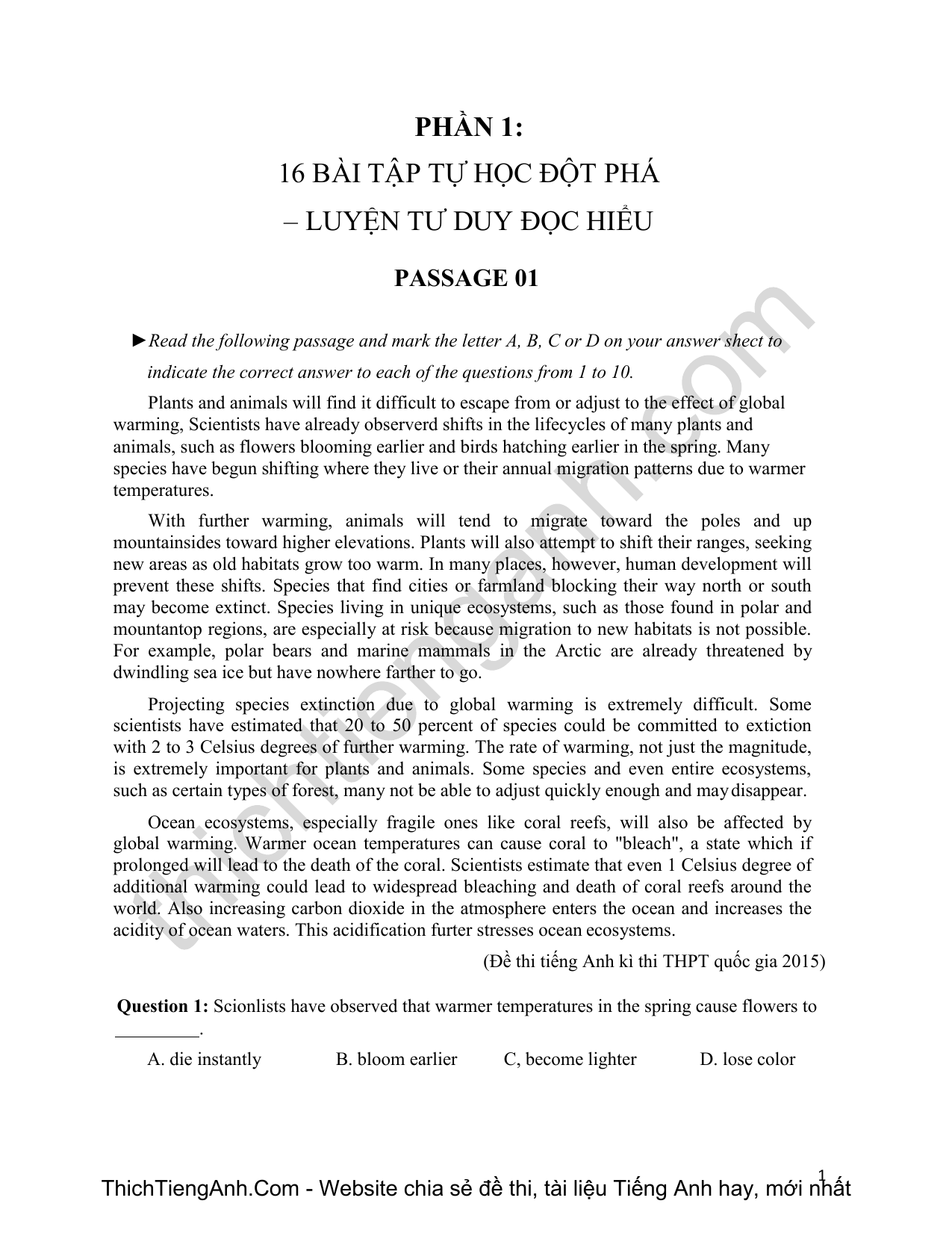View Ngoi Thuech's profile on LinkedIn, the world's largest professional community. Ngoi has 1 job listed on their profile. See the complete profile on LinkedIn and discover Ngoi's connections. Nov 03, 2018 View Ngoi Thuech's profile on LinkedIn, the world's largest professional community. Ngoi has 1 job listed on their profile. See the complete profile on LinkedIn and discover Ngoi's connections. Confirm you're a human. Since you've made it this far, we want to assume you're a real, live human. But we need to be super sure you aren't a robot.
MONOGRAPHIE DE LA SEMI-VOYELLE LABIALE EN ANNAMITE ET EN SINO-ANNAMITECopy Citation
Export Citation
With a personal account, you can read up to 100 articles each month for free.
Already have an account? Login
Monthly Plan
Thuechâ U Thô Ng Phan 1
- Access everything in the JPASS collection
- Read the full-text of every article
- Download up to 10 article PDFs to save and keep

Yearly Plan

- Access everything in the JPASS collection
- Read the full-text of every article
- Download up to 120 article PDFs to save and keep

The BEFEO is an annual journal of general Asian studies; it accepts feature articles, dossiers, chronicles, and book reviews in all disciplines: archaeology, anthropology, economic and social history, history of religions, philology, studies of material culture, etc.
Publisher InformationThe French School of Asian Studies was founded in 1900 in Saigon. The mission of the EFEO is interdisciplinary research on the civilizations of Asia, extending from India to Japan. A network of seventeen research centers in twelve Asian countries allows its 42 research scholars (anthropologists, archaeologists, linguists, historians and others) to carry out their fieldwork while maintaining a network of local specialists and Asianists from around the world.
Rights & UsageThis item is part of a JSTOR Collection.
For terms and use, please refer to our Terms and Conditions
Bulletin de l'École française d'Extrême-Orient © 1909 École française d'Extrême-Orient
Request Permissions

Courtesy of Professor John Akec
Gone are the days when it took an average of 7 years for a student to complete a 4-year degree, and 9 years to earn a 6-year medical degree at the University of Juba. However, the events of yesterday make me think that we are not out of wood yet. For those who do not remember their history are condemned to repeat the past mistakes.
Thuechâ U Thô Ng Phan Online
Over the last 6 years, we at the University of Juba made progress at many fronts. At the top of gains is academic stability. And it would be dishonest to think that this progress was plain salining and cost-free enterprise. Far from it. The current administration faced countless conflicts that include but not limited to conflicts with staff association, with Ministry of Higher Education and, to a lesser extent, with students. The fiercest was the most recent protest by the first year students of Engineering who were barred from exams for none payment of their outstanding tuition fees. The protest led to disruption of exams and destruction of property. Many students think higher education is a right and should be free. The administration thinks otherwise – student should make a contribution to their education. It is an investment worth sacrificing for. Conflict is inherent in all human relations. Managed badly, it holds back and destroys communities. Managed well, it is a cause for progress. Any change is bound to trigger conflict. Humans adore constancy and the status quo. Progress adores change and stalks conflict.
For the first time at the University of Juba we decided to bar students who have not cleared their tuition fees from exams to maximise pressure. In the past we noted that once students leave for long breaks, the University faces serious cash flow problems such as inability to carry out vital maintenance work of lecture halls and hostels and other utilities during holiday period. That is why we made the decision to have most if not all the fees before students leave the campus. Looking back, it was a great idea with mixed results, some success, and ample lessons to learn from. We got most of them to clear their fees. But also paid a heavy cost in form of destruction of property and bad press. No regrets.
In their delibrations on 22 January 2020, the Deans conidered other options for effective tuition fee collection that were never tried before, beginning with the new academic year 2020/2021.
First, in order to make it easier and quicker for students to pay their fees, they will have the option of paying through mobile money (mGrush). All they need is a Zain number and mGrush account that can be set up quickly at no cost to them. They can pay at any mGrush agent as they do when they buy a telephone calling credit.

Yearly Plan
- Access everything in the JPASS collection
- Read the full-text of every article
- Download up to 120 article PDFs to save and keep
The BEFEO is an annual journal of general Asian studies; it accepts feature articles, dossiers, chronicles, and book reviews in all disciplines: archaeology, anthropology, economic and social history, history of religions, philology, studies of material culture, etc.
Publisher InformationThe French School of Asian Studies was founded in 1900 in Saigon. The mission of the EFEO is interdisciplinary research on the civilizations of Asia, extending from India to Japan. A network of seventeen research centers in twelve Asian countries allows its 42 research scholars (anthropologists, archaeologists, linguists, historians and others) to carry out their fieldwork while maintaining a network of local specialists and Asianists from around the world.
Rights & UsageThis item is part of a JSTOR Collection.
For terms and use, please refer to our Terms and Conditions
Bulletin de l'École française d'Extrême-Orient © 1909 École française d'Extrême-Orient
Request Permissions
Courtesy of Professor John Akec
Gone are the days when it took an average of 7 years for a student to complete a 4-year degree, and 9 years to earn a 6-year medical degree at the University of Juba. However, the events of yesterday make me think that we are not out of wood yet. For those who do not remember their history are condemned to repeat the past mistakes.
Thuechâ U Thô Ng Phan Online
Over the last 6 years, we at the University of Juba made progress at many fronts. At the top of gains is academic stability. And it would be dishonest to think that this progress was plain salining and cost-free enterprise. Far from it. The current administration faced countless conflicts that include but not limited to conflicts with staff association, with Ministry of Higher Education and, to a lesser extent, with students. The fiercest was the most recent protest by the first year students of Engineering who were barred from exams for none payment of their outstanding tuition fees. The protest led to disruption of exams and destruction of property. Many students think higher education is a right and should be free. The administration thinks otherwise – student should make a contribution to their education. It is an investment worth sacrificing for. Conflict is inherent in all human relations. Managed badly, it holds back and destroys communities. Managed well, it is a cause for progress. Any change is bound to trigger conflict. Humans adore constancy and the status quo. Progress adores change and stalks conflict.
For the first time at the University of Juba we decided to bar students who have not cleared their tuition fees from exams to maximise pressure. In the past we noted that once students leave for long breaks, the University faces serious cash flow problems such as inability to carry out vital maintenance work of lecture halls and hostels and other utilities during holiday period. That is why we made the decision to have most if not all the fees before students leave the campus. Looking back, it was a great idea with mixed results, some success, and ample lessons to learn from. We got most of them to clear their fees. But also paid a heavy cost in form of destruction of property and bad press. No regrets.
In their delibrations on 22 January 2020, the Deans conidered other options for effective tuition fee collection that were never tried before, beginning with the new academic year 2020/2021.
First, in order to make it easier and quicker for students to pay their fees, they will have the option of paying through mobile money (mGrush). All they need is a Zain number and mGrush account that can be set up quickly at no cost to them. They can pay at any mGrush agent as they do when they buy a telephone calling credit.
Second, all students will have two options: to pay two installements of tuition fees, or pay all the fees at the begining of the academic year. Those who pay all their fees will be issued with a green ID card valid for full academic year. Those who pay only half of the fees, will be issued with a yellow ID card valid only for one semester. The yellow card cannot be used to access the campus in second semester. So students will be advised to clear their outstanding balances in order to access our facilities in the second semester and be issued a green ID card. Access to the campus will be tightly controlled.
For those who would like to get education free while their colleagues pay for operating cost of their education, it will be tough luck.
It will be goodbye to current 'flexible' payment system with all the trouble it entails.

